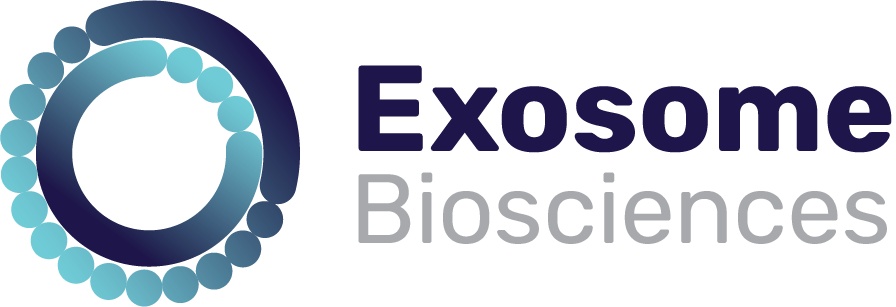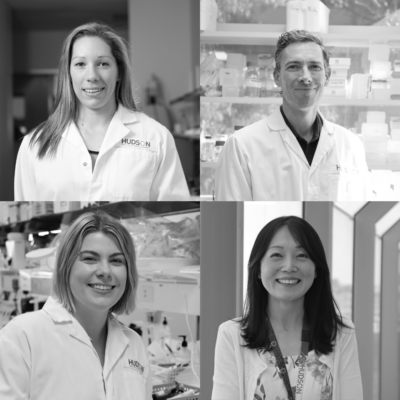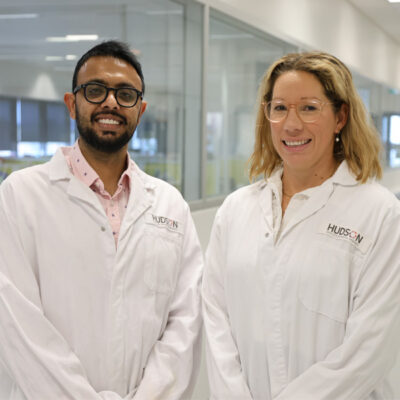Breakthrough IBD treatment heads into clinical trials
By Rob Clancy, staff writer

People living with inflammatory bowel disease (IBD) have new hope, with clinical trials beginning for a breakthrough treatment for one of the most difficult to treat conditions associated with the disease.
IBD is the collective term for Crohn’s disease and Ulcerative Colitis – both inflammatory conditions of the digestive tract, often affecting the bowel.
Complex fistulising perianal Crohn’s disease is a debilitating and incurable form in which abnormal connections form between the lumen of the bowel and other sections of bowel, vagina, uterus and skin, causing faecal incontinence, recurrent severe infections, chronic inflammation and tissue damage.
Until now this condition has been largely incurable.
IBD treatment reaches clinical trial stage
Current therapies are expensive, unreliable and have significant side effects. Stem cells are being investigated for use in this condition, but these experimental therapies are highly expensive and difficult to manufacture. However, an upcoming new treatment candidate promises excellent results at a significantly lower cost than current options.
The treatment, pioneered by Associate Professor Rebecca Lim and her team at Hudson Institute of Medical Research, uses extracellular vesicles (EVs) derived from human amniotic epithelial cells (hAECs), to deliver the same benefits as stem cell treatments at a greatly reduced cost.
Now, in collaboration with Monash Health and Monash University, this candidate is set to undergo its first clinical trial.
The trial will be led by Dr Charlotte Keung, an IBD specialist gastroenterologist at Monash Health and early career researcher at Monash University, and member of the Amnion Cell Biology Research group at Hudson Institute.
She believes EVs have characteristics that give them therapeutic advantages over traditional stem cell-based therapies.
“The goal is to increase treatment accessibility for a debilitating condition without other options, by developing a therapy with significant manufacturing cost reductions and improved commercialisation potential,” she said.
“hAEC-EV therapy reduces the significant manufacturing, cold chain logistics, clinical administration and cost limitations associated with live cell treatment.”
Treatment candidate targets one-third of Crohn’s disease patients
According to Global Data Crohn’s Disease has a current total market size of $9.2 billion expected to grow to $13.4 billion by 2026. One third of Crohn’s patients will develop fistulas.
This will be a first-in-human use of EV therapy for Crohn’s disease worldwide and the 2nd human EV trial in Australia. hAEC-EVs will be administered via local injection to 15 participants with complex refractory Crohn’s perianal fistulas.
According to Hudson Institute’s CEO and Director, Professor Elizabeth Hartland AM, the primary aim of the trial is assessing the safety of the therapy. The secondary aim is to investigate whether the candidate is effective in healing perianal fistulae and improving patient quality of life. These aims will help researchers to further optimise the therapy.
This exciting new regenerative therapy trial has opened recruitment for a first-in-human clinical trial. All clinical procedures will be conducted at appropriate Monash Health facilities.
It will be overseen by internationally recognised clinician-scientist Associate Professor Greg Moore, who established and heads a large multidisciplinary IBD Unit at Monash Health. He is active in basic and translational research, clinical trials, education and clinical medicine, with a proven record in research infrastructure development. He is a Director on the board of Crohn’s and Colitis Australia.
Exosome BioSciences P/L

Exosome BioSciences P/L is driving the trial, confident that its novel hAEC exosome platform is highly effective in pre-clinical models over a range of conditions including bronchopulmonary dysplasia, asthma and stroke, as well as pulmonary, liver and kidney fibrosis.
Exosome BioSciences Pty Ltd is a spin-off company established in 2023 to commercialise a portfolio of Intellectual Property (IP) developed by Hudson Institute of Medical Research, Monash University and Monash Health. The company has an exclusive license for the relevant IP including Patent applications, trade secrets and proprietary materials.
In 2023 Exosome BioSciences was awarded a $1.5 million grant from CUREator to develop novel exosome therapies to fund this clinical trial. CUREator is an Australian biotech incubator delivered by Brandon BioCatalyst with funding from the Australian Federal Government’s Medical Research Future Fund.
What are extracellular vesicles?
EVs are small, membrane-bound particles released by almost all cell types. They play a crucial role in intercellular communication by transporting proteins, lipids, and nucleic acids between cells.
Depending on the cell of origin, EVs can play a role in:
- Cell communication: EVs facilitate communication between cells by transferring bioactive molecules, which can influence the behaviour of recipient cells.
- Immune response: Bioactive molecules may include anti-inflammatory cargo from parent cells. These can modulate the immune response to potentially reduce a pro-inflammatory environment.
- Therapeutic potential: EVs are being explored for their potential as a regenerative medicine delivering pro-regenerative cargo to damaged cells or tissues.
KEY POINTS
- Complex fistulising perianal Crohn’s disease is a debilitating and incurable condition that causes significant physical and emotional distress.
- A new treatment candidate pioneered at Hudson Institute of Medical Research uses extracellular vesicles (EVs), providing similar benefits as stem cell treatments at much lower cost.
- Exosome BioSciences P/L, established in 2023 to commercialise this technology developed by Hudson Institute of Medical Research, Monash University and Monash Health, is now beginning the first clinical trial of this technology.
Collaborators | Monash Health, Monash University
This research was supported by | CUREator - Australian biotech incubator delivered by Brandon BioCatalyst and the Australian Federal Government’s Medical Research Future Fund
In this article
About Hudson Institute
Hudson Institute’ s research programs deliver in three areas of medical need – inflammation, cancer, women’s and newborn health. More
Hudson News
Get the inside view on discoveries and patient stories
“Thank you Hudson Institute researchers. Your work brings such hope to all women with ovarian cancer knowing that potentially women in the future won't have to go through what we have!”







